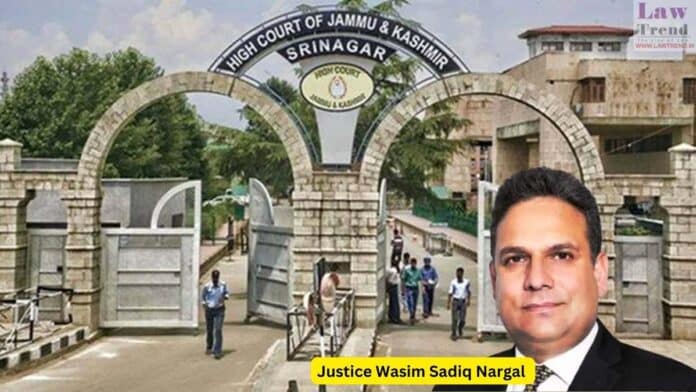In a landmark ruling that underscores the importance of integrity in judicial proceedings, the Jammu and Kashmir High Court has imposed a ₹50,000 penalty on petitioners Satpal Sharma, Hardev Singh, and Ishan Sharma for suppressing material facts and misleading the court. Justice Wasim Sadiq Nargal, delivering the judgment, emphasized that litigants who attempt to “pollute
To Read More Please Subscribe to VIP Membership for Unlimited Access to All the Articles, Download Available Copies of Judgments/Order, Acess to Central/State Bare Acts, Advertisement Free Content, Access to More than 4000 Legal Drafts( Readymade Editable Formats of Suits, Petitions, Writs, Legal Notices, Divorce Petitions, 138 Notices, Bail Applications etc.) in Hindi and English.




